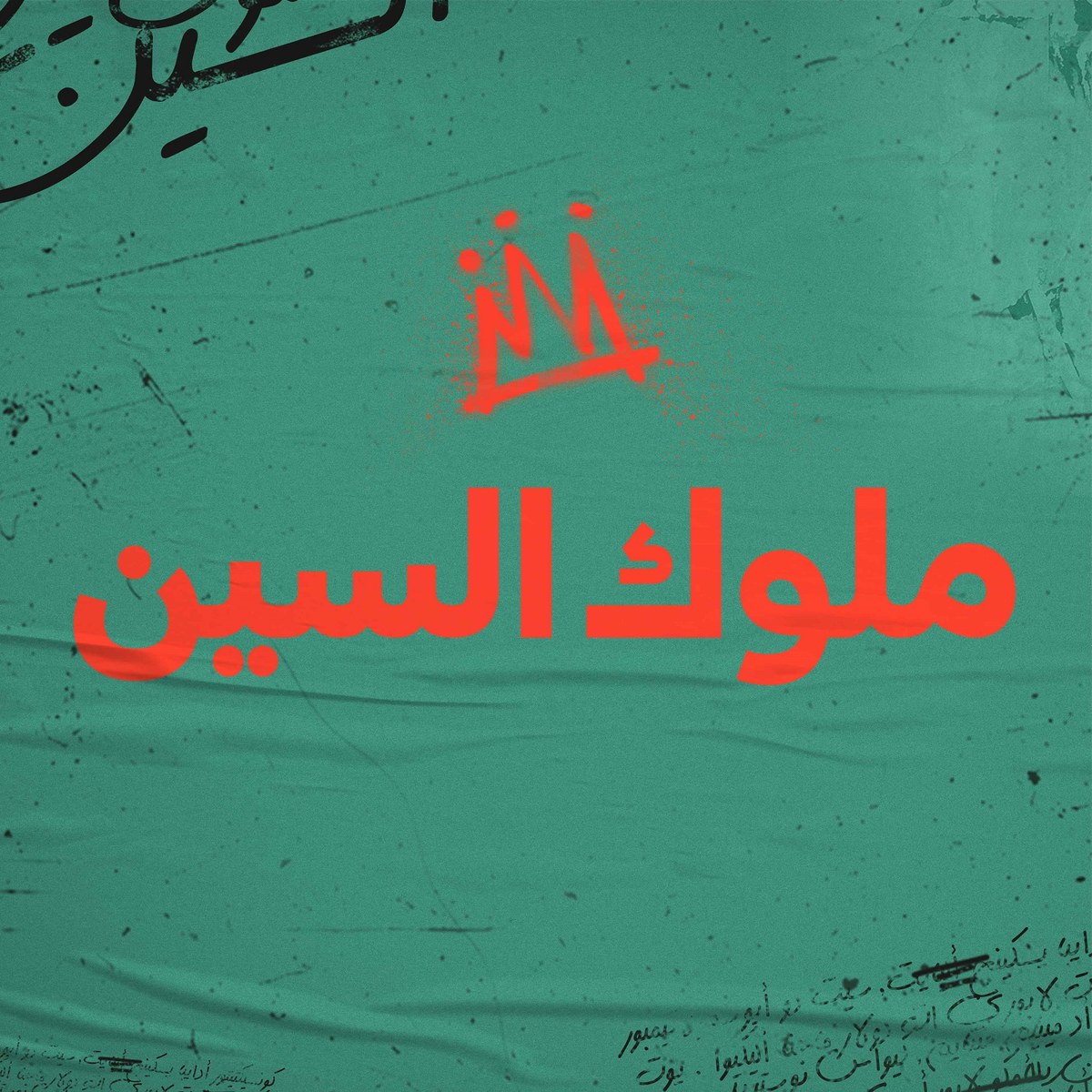DUBAI: “As we settle into the post-pandemic era, we see clear indicators that audio, in all its forms, has become a platform for self-expression for both artists and creators,” Claudius Boller, the managing director for Spotify in the Middle East and Africa, told Arab News.
“Socializing through music will continue to see an uptick in demand,” he added, especially for younger audiences who crave connection, even more so in the aftermath of the pandemic.
One illustration of this is the popularity of Lyrics, a feature added to the Spotify app last year in partnership with lyrics provider Musixmatch. It inspired many users, especially in Saudi Arabia and the wider Middle East and North Africa region, to create memes and other posts that used song lyrics to express their thoughts and feelings, and share them on social media.
It is not something the company expected to happen but it was pleasantly surprised by it. Social media engagement in the Arab region is very high but, more importantly, young audiences are finding increasingly creative ways to explore digital platforms, Boller said.
“So we feel like we need to give certain tools (to them) and then just see what they do with it,” he added.
Spotify has, therefore, introduced a host of new features “that demonstrate our current focus on being a platform for creative exchange between fans and creators,” Boller said.
The first is a foray into the metaverse. With Spotify Island, it is the first music-streaming service to have a presence on Roblox, the gaming platform and game-creation system.

“The interactive world of Spotify Island on Roblox will serve as a meeting place for fans and artists to play, explore and connect — all with the goal of bringing artists and fans from all over the world closer together,” said Boller.
Users can explore the island completing quests, discovering music and buying merchandise.
“We’re creating an easy opportunity for artists to connect with fans and to partner with Spotify on the creation of in-game virtual merchandise,” he said. “This is just the beginning.”
The platform plans to continue to enhance the Spotify Island experience through the addition of new features and partnerships. For example, it has already launched K-Park, a section of the island dedicated to the K-pop genre.

In K-Park, fans have the opportunity to interact with Korean music superstars such as Stray Kids and Sunmi, for example by taking part in meet and greets with the artists’ avatars, buying virtual merchandise, and having the opportunity to get a hold of virtual signed memorabilia.
Boller explained that Spotify chose K-pop as its first genre to focus on “for many reasons, including its widespread global appeal, dedicated fan following, and unique set of cultural elements that reach far beyond music.”
In the MENA region, there was a 138 percent year-on-year increase in K-pop consumption between 2019 and 2021. In Saudi Arabia, the increase was 98 percent.
Spotify does not currently have any plans to launch a Middle Eastern hub on Spotify Island but it is in conversation with several artists from the region.
“We’re looking more into genres and fandoms versus regions at this stage but this is just the beginning; we’re really just laying the groundwork for a lot of opportunities,” Boller said.
Other new Spotify developments in the past few months included an expansion of its Blend feature in the form of the launch of Group Blend and Celebrity Blend. The original Blend feature allowed two users to match their music tastes and create a shared playlist. Group Blend allows up to 10 people match with each other, while Celebrity Blend gives users a chance to match with public figures.
“Spotify’s Blend feature combines the best personalization capabilities and collaborative playlist functionality into a single shared playlist,” said Boller.
It also generates “share cards” that reveal the extent to which users’ tastes match, and these can be shared on social media in keeping with Spotify’s efforts to enable and encourage socializing through music.
The feature also offers a potential revenue stream for the company. On Star Wars Day, May 4, for example, Spotify partnered with the sci-fi franchise to give users the chance to use the Blend feature to match with famous characters such as Yoda, Chewbacca, Luke Skywalker, Darth Vader and Princess Leia, and create a shared playlist.
The platform is now open to the idea of exploring similar partnerships with regional film franchises and TV shows.
Most recently, Spotify launched Clips, which allows listeners to watch exclusive messages and stories from artists posted in the form of videos — the equivalent of Instagram Stories on a Spotify playlist.
“With Spotify Clips, artists can share intimate moments with their fans and further bring their art to life, express their vision and their story to their fans, ultimately helping artists connect with their fans in a deeper, more meaningful way,” said Boller.
Clips was launched as part of a campaign dedicated to spotlighting the hip-hop scene in Egypt, during which Spotify rebranded its leading Egyptian rap playlist, Melouk El Scene. Listeners can now watch exclusive video messages from artists such as Dareen, Abo El-Anwar, Perrie, Afroto and Marwan Moussa.

Spotify said that “socialization and interactivity through music” lie at the heart of its efforts and this is of particular importance in the Middle East. Saudis, for example, “are up to speed with both local and international trends,” said Boller. They have diverse tastes in music, listening to a range of genres from local folk music, such as Sheilat, to trending global hits, he added.
“We keep a close eye on how Saudis engage with our platform through our machine learning but also through our music team, who keep their fingers on the pulse of culture,” said Boller. “Taking (what we learn) we ensure that every initiative or campaign we run connects with our target audience in Saudi Arabia.”
















